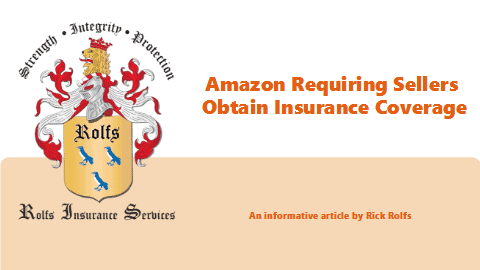Rolfs Insurance Services Included In IIABA’s 2023 Best Practices Study
Pembroke Pines, FL, September 28, 2023 – Rolfs Insurance Services retains its Best Practices status, once again becoming a part of an elite group of independent insurance agencies around the United States. This status comes by participating in the Independent Insurance Agents & Brokers of America (IIABA or the Big “I”) Best Practices Study group….







